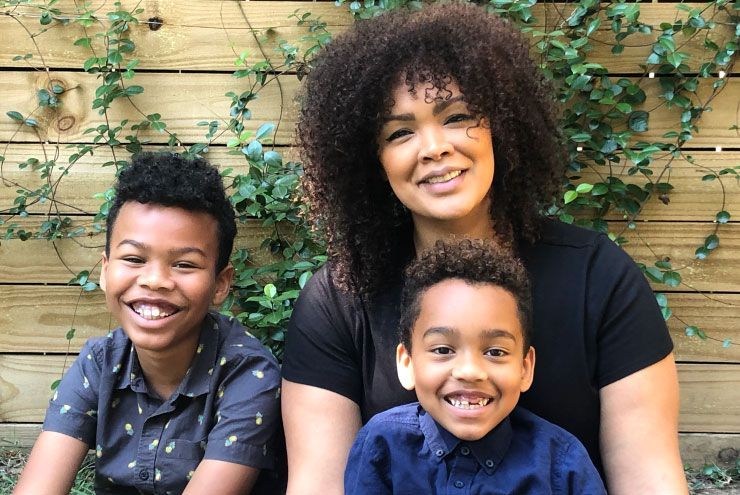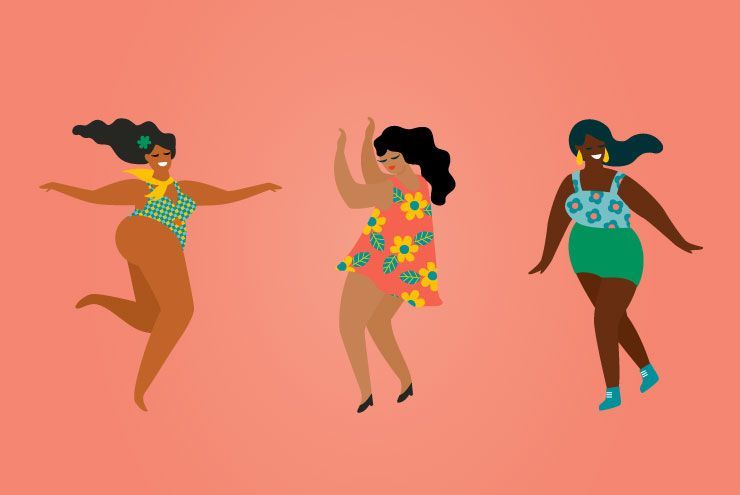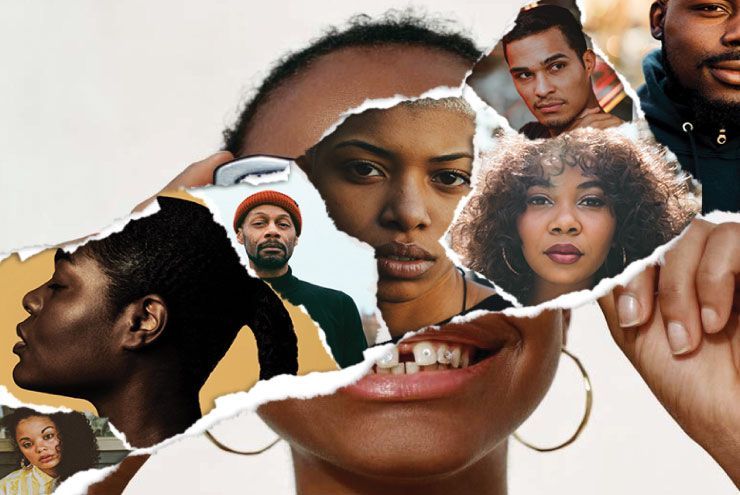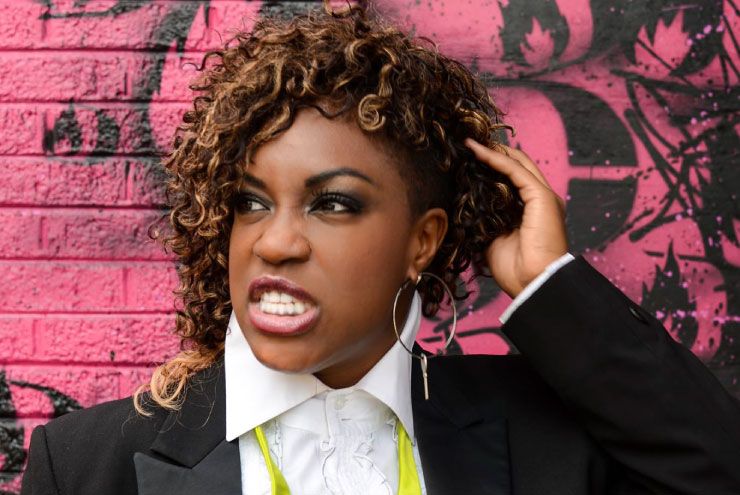By Genét Delagrange
As a Black, queer, single mother of two young Black boys, I am struggling to have faith in society, our justice system, and humanity.
When I was a young girl, I had a knack for sniffing out injustice. I had an innate fire in my belly that drove me to stand against anything I considered to be inequitable or wrong. I would relentlessly debate my mother and grandfather on issues of racial injustice, always seeking to understand why things were the way they were. My family would joke about my spitfire nature as a child; yet, as I entered my twenties and then thirties, that flame subsided. I became numb. I became desensitized.
But now, following the murder of George Floyd, I sit here in pause. This feels all too familiar. I’m suddenly haunted by a memory, swept back to 1991. I can still feel the carpet under my toes as I stood in the doorway and watched my mother weep in front of the television. I gripped the door frame and leaned into the room to peer at the screen. My eyes were met with jarring images of men in police uniforms brutally beating a man who looked like he could have been my uncle. That man was Rodney King. I was seven years old.
It has been proven that trauma is passed down through generations. In my pause, I’ve realized that my mother’s tears then are now my own. And when I look into the eyes of my two beautiful Black sons, I wonder: Do they have a chance? Or will my tears soon be theirs?
Will they share my experiences in grade school? My mornings then were defined by two older white girls who would play in my hair in the schoolyard before class, undoing the plats my mother had meticulously created and combing out my curls with their fingers. Once they were finished, they’d mock the height of my hair, leaving me in tears and with the knowledge that I would have to go the whole day with an untamed head.
Will they share my experiences in high school? I felt nothing but pride when I became my school’s first-ever Black head drum major—that is, until the reality of my appointment set in. On my first day in the role, I walked into the band hall dressing room and was confronted with a sign that read “Lysol kills niggers.” Out of fear for my safety, my band director informed my parents that I was not allowed to travel to specific schools because of my race. At that same school, I witnessed my assistant principal tear posters of Martin Luther King, Jr., off of lockers on MLK Day, and watched as my mother held back her rage after someone in the football stadium called me a “nigger” as I led the marching band onto the field.
In fact, I already see it happening. My youngest son, Greyson, is six years old. I think about his interaction with another child who told him that they couldn’t play together because of Greyson’s “brown skin,” but that he would accept a dollar from him “if he wanted to be friends later.”
I think about the conversation I recently had with my firstborn, Myles, who is 10 years old. We had gone to the park, where Myles had accidentally broken a glass bottle. In that moment, all I could think about was Tamir Rice. I later pulled Myles aside. We sat together and talked about how his Black body could be perceived as a threat, even in the simplest of situations, like this one. Throughout our discussion, a question echoed in my mind: What can I teach him now to save his life later?
I’ve lately been feeling an immense amount of guilt for even bringing my boys into the world. It’s hard to accept that, no matter how well I raise them, their success, safety, and right to exist are not guaranteed. I often wonder if I was acting out of selfishness when choosing to have children. How did I, someone who has and continues to be subjected to racism, introduce two more Black boys into this unjust life? These thoughts may be overwhelming, but they are very real.
What I can do is to ensure that my children do not become numb to their surroundings; that the emerging fires in their bellies don’t dim, as mine once did. I believe that educating ourselves and our loved ones will serve us greatly. While it isn’t our obligation as a people to educate non-Black folks, it is important to take time to gain perspective. Without understanding, we all fail. On the other hand, without a listening ear, there is no learning. Regardless, it shouldn’t take another Trayvon Martin, another Tamir Rice, another Mike Brown, another Ahmaud Arbery, or another George Floyd to keep us awake and aware of racial injustice. To demand our right to exist. Numbness will only put more Black folks into early graves.







